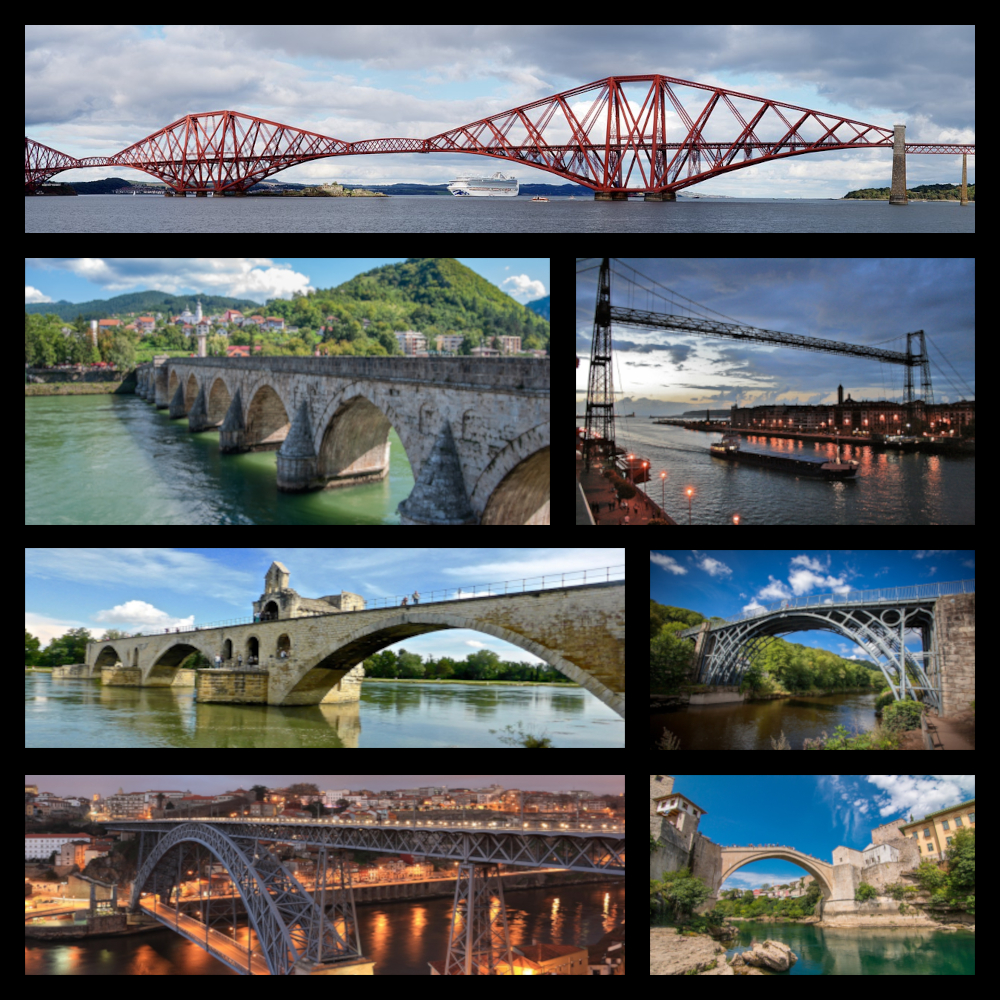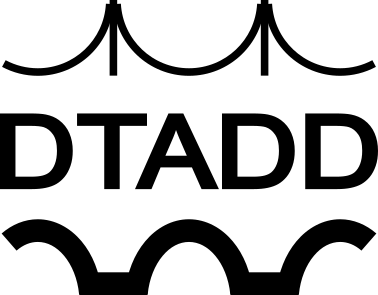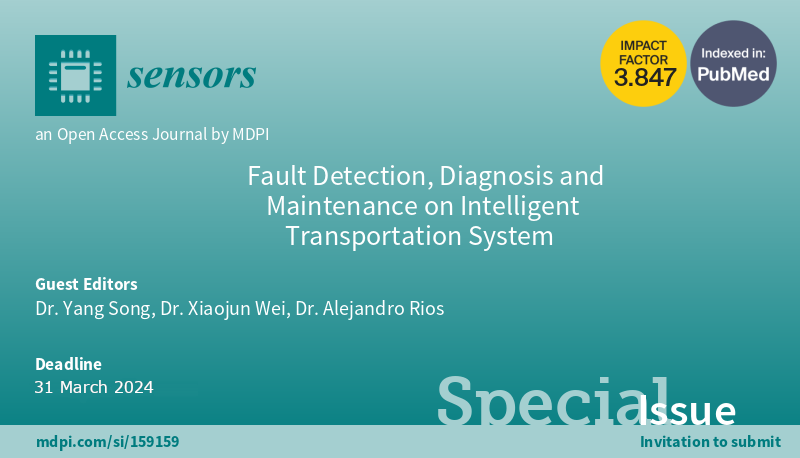Digital Twin Anomaly Detection Decision-Making for Bridge Management
A Marie Skłodowska-Curie Actions (MSCA) Individual Fellowship (IF) Postdoctoral Research Project
Key info:
Project Number: 101066739
Project Acronym: DTADD
Project Title: Digital Twin Anomaly Detection Decision-Making for Bridge Management
Experienced Researcher: Dr. Alejandro Jiménez Rios
Main Supervisor: Prof. Vagelis Plevris
Secondment Supervisor: Prof. Maria Nogal
Project Duration: 01/11/2022 - 04/08/2024
Bridge infrastructure in Europe has great economic, social and cultural value. Nevertheless, many of the assets which are part of this network are in poor condition, which has been recently evidenced by the collapse of several bridges. The available human and economic resources are simply not enough to repair, maintain or replace all bridges part of the European network. Therefore, improvements on the current bridge management and operation system are urgently needed.
During this fellowship the role of digital twins to support the preventive conservation of existing bridges in Europe was explored. Thus contributing to bridge cultural heritage conservation and sustainability by extending their service life and reducing management costs. The DTADD fellowship had two specific objectives. The first objective was to build digital twin models of heritage/conventional bridges to assess and identify the highest performing anomaly detection algorithm for damage and/or significant decay detection. Its second objective was to develop an anomaly detection algorithm-informed open-source decision-making tool, to assess the need for bridge intervention while explicitly considering the bridge's cultural heritage value.
This fellowship was carried out mainly at OsloMet, Norway, with a three-month secondment at ICCROM, Italy, and a three-month secondment at TU Delft, Netherlands. The research experience, skills and knowledge obtained during the fellowship helped the experienced researcher, Dr. Alejandro Jiménez Rios, to become a leading international expert on the conservation of bridges and aided him to achieve his goal of becoming an independent researcher and obtaining a permanent position as Lecturer in Structural Engineering at the Department of Architecture & Civil Engineering, University of Bath, UK. Furthermore, this fellowship aligned with the Transport action of the European Green Deal as well as with the UN Sustainable Development Goals (SDGs).


